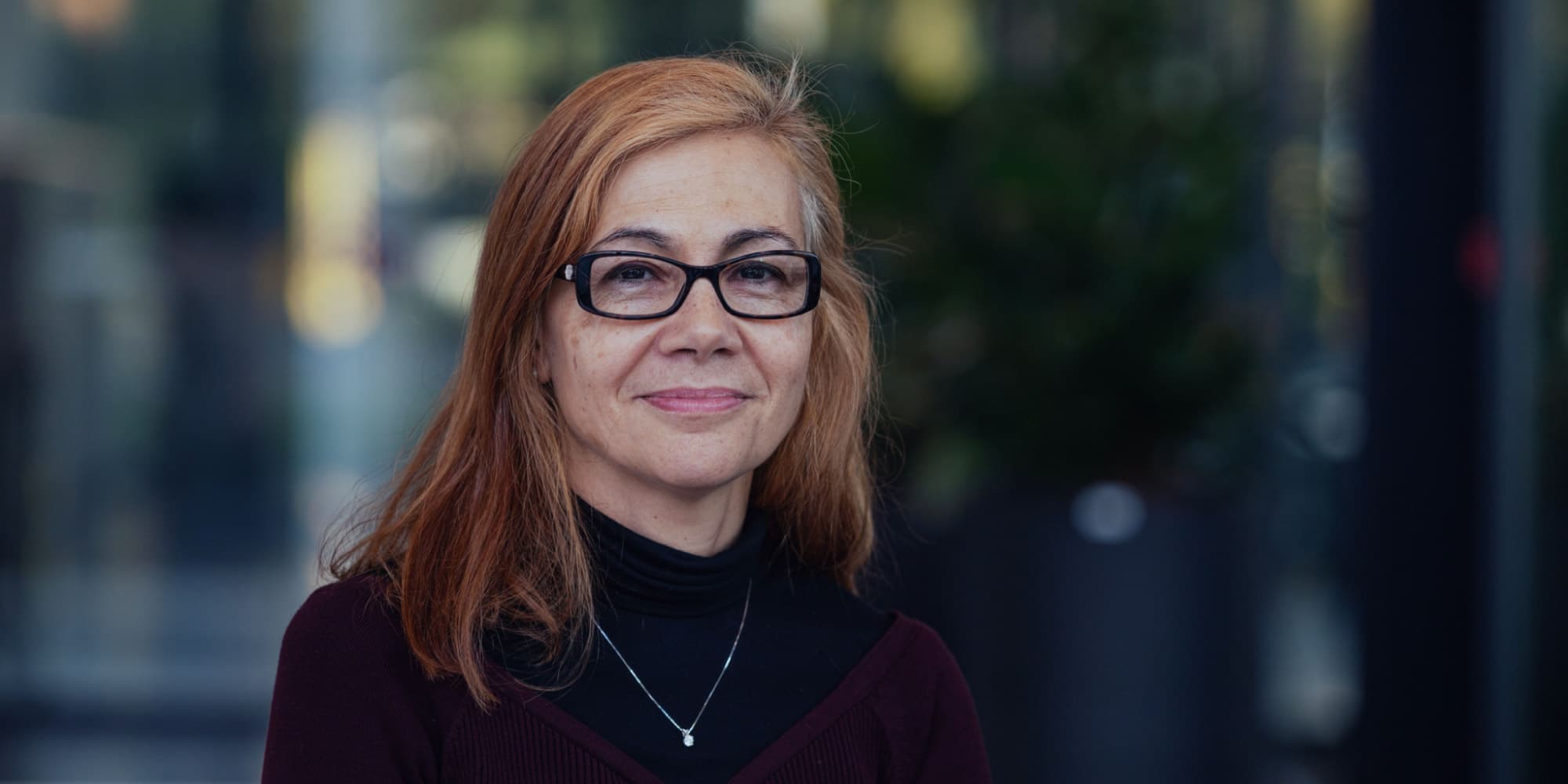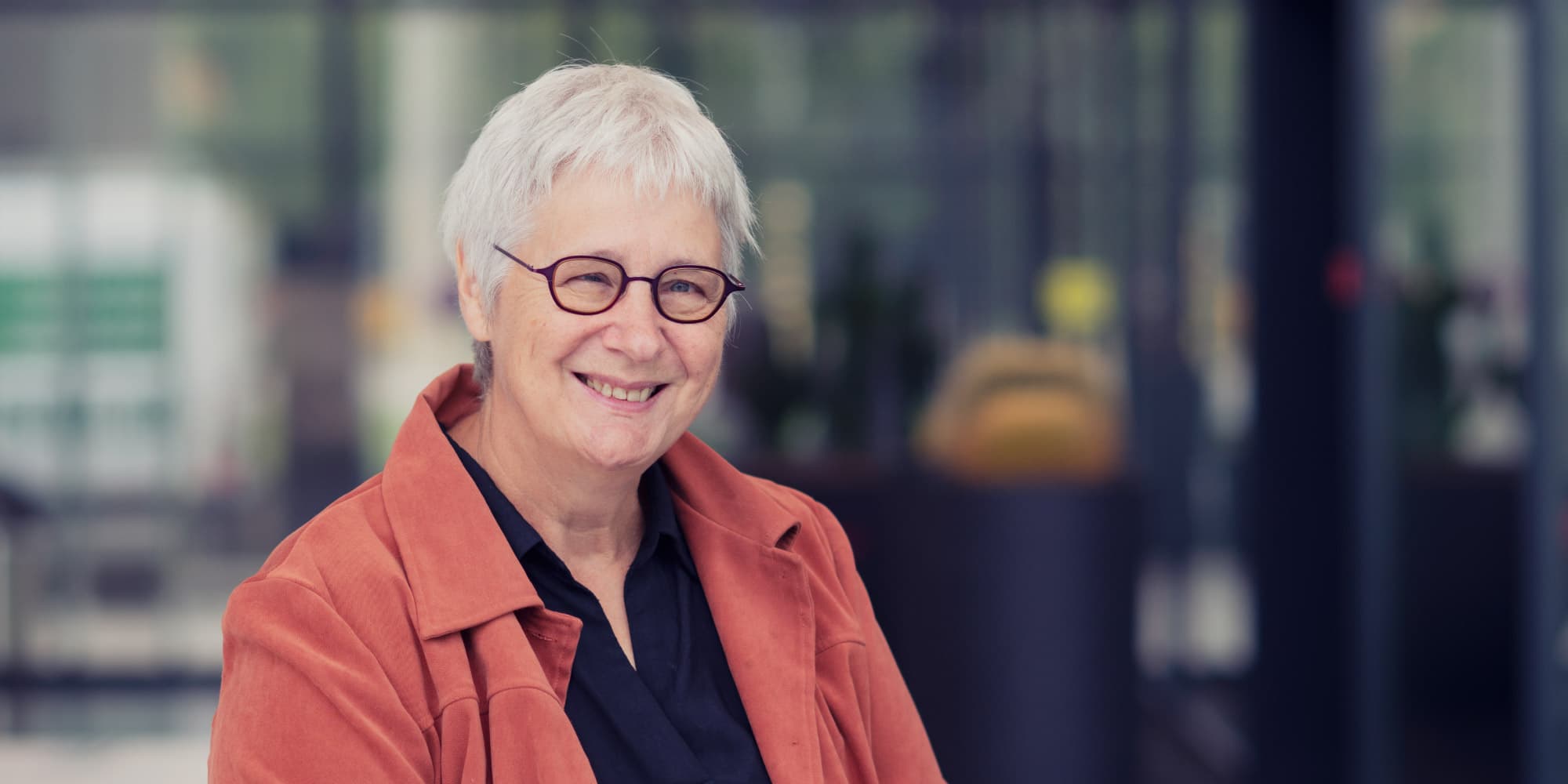Though he has over 35 patents, 350+ publications in scientific peer-reviewed journals, and 700+ contributions at scientific conferences, imec fellow Marc Heyns believes people matter the most. He says that whether conducting science or developing technology, it’s all for people.
“One of the things I value most is helping develop the careers and networks of PhDs and members of my teams. Sometimes the student becomes better than the master, and that’s what makes me proud,” he said. “The legacy you leave behind is not measured by the number of publications and patents and projects you have. The legacy you leave behind is what you have meant in people’s lives.”
Who influences the influencer?
Though Marc has motivated and impacted many young researchers over his career, in terms of who has most influenced his own life, he lists imec founder, Roger Van Overstraeten, as one of the most special and inspiring. “He provided us, young scientists, with many opportunities, many chances, and stimulated us to take risks,” he said. “And with that came responsibility. He gave you the confidence to try things and created the environment to support your efforts, but you had to have the drive, and I loved that. When you promised something, you had to follow through. You could completely disagree with him and have very open discussions. You could go to him with some crazy idea, but three months later, he’d come and ask you how it went.”;
Marc says scientists should embrace and become comfortable with failure as a vital part of the artistic pursuit of new ideas. “If everything works well in all of your efforts, I’ll bet you haven’t really tried anything new,” he laughed. “We have to go for high risk, high gain projects, and while we try to do what we can to reduce risk, things are going to go wrong once in a while. People always try to hide failures, but you learn a lot from them.”
Seeing the value in learning
Imec technology has become standard in all chips being made today because of contributions by Marc and his teams. They made a major contribution to the development of high-k/metal gates to solve the gate leakage issue in thin oxide layers, which was so problematic at that time that many thought it would end technology progress for good. They also made revolutionary advances in ultra-clean processing technology that put imec on the international roadmap with the Ultra Clean Processing (UCP) Industrial Affiliation Program.
With these notable achievements, one might be surprised that Marc lists a good idea that didn’t quite materialize on his list of significant accomplishments. He calls it “ideal CMOS—a crazy idea that no-one had ever tried.” In a nutshell, he wanted to combine Germanium for pMOS and III/V materials for nMOS devices on a silicon wafer. People may have thought he was crazy, but as Marc says, “once in a while, you have to follow these crazy ideas.”
“I’m proud of it because it created a big movement, and for many years at conferences, full sessions were dedicated to this Ge-III/V CMOS technology. It didn’t completely work out in the end, and we couldn’t improve sufficiently on the classical silicon technology. Still, a lot of good science resulted from the effort. The knowledge that was accumulated in the process of trying to develop this technology is currently used in various other applications as we learned how to process these materials and integrate them on a Si platform. This is an example of an idea that could not fulfill its promise, but where ultimately you still wind up with much valuable learning. So, it’s not always about the results but the learning and process along the way can also be important. Nowadays, people only want to achieve success, but part of science includes failing and learning.”
Advice for up-and-coming scientists;
For junior researchers, Marc offers the following advice:
- Follow your heart. Follow your passion. “Determine what you want to do and go for it,” Marc says. “The alternative is going for something you are not interested in for the rest of your life. Following your passion and dreams is part of this creative art that we call science.”
- Please, take risks. Too many people are playing it safe. “I see so many scientists with brilliant potential that never really make a difference because they always play it safe. They don’t dare to make a jump once in a while.”
- Find your voice. “As a scientist, you need to discover your style and approach. Good scientists have their own voice and way of seeing things, and you always see it come through, whether it’s in an article or the way they approach building a team. There’s no wrong way, but there’s your way— the way that comes most naturally to you, and you have to find it for yourself.”
- Honor your colleagues for their contributions. Science is so much fun, but it’s hard work performed in a tough environment. It’s never a solo endeavor conducted by one person in an ivory tower, and as a scientist, you are only as good as the team you can rely on. Science is also about teamwork. I work at imec for two reasons: to have the opportunity to work on whatever it is I want to work on, and to work with outstanding teams. And it’s not only how your team works together, but also how your team networks with other groups. It is the key to success.”
Ready to set off on your own imec journey?
Published on:
24 March 2021













